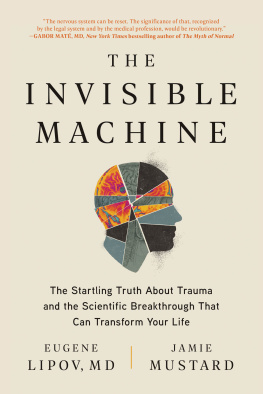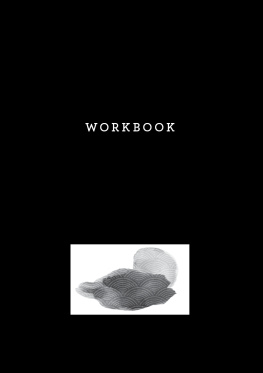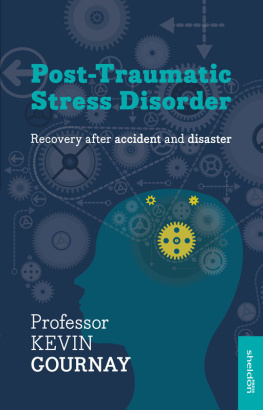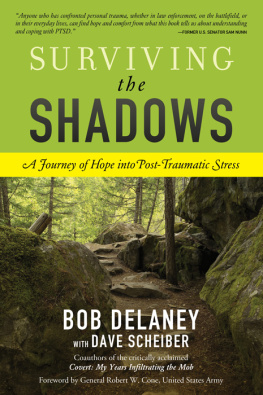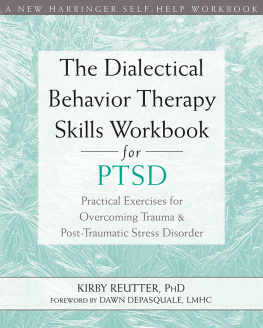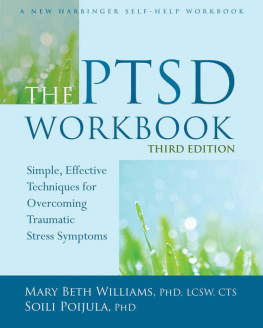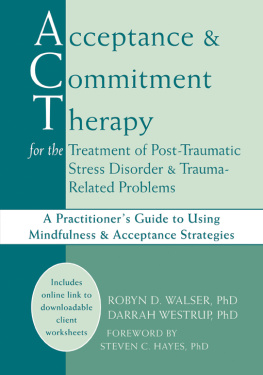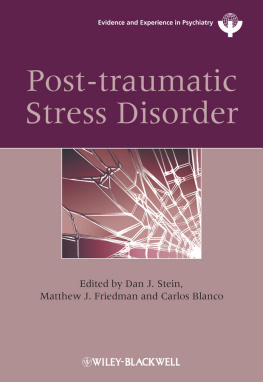Contents
Guide
Praise for The Invisible Machine
The nervous system can be reset. The significance of that, recognized by the legal system and by the medical profession, would be revolutionary.
Gabor Mat, MD, New York Times bestselling author of In the Realm of Hungry Ghosts and The Myth of Normal
In The Invisible Machine, Lipov and Mustard rewrite the recovery narrative for many who have experienced personal disruptions and life compromises. Through personal stories we learn that traumatic experiences may lock the nervous system into a chronic state of defense and fight-flight behaviors, while compromising feelings of safety and sociality. The Lipov treatment gives permission to retune, enabling one to return to sociality, playfulness, and social connection.
Stephen W. Porges, PhD, author of The Polyvagal Theory, founding director of the Traumatic Stress Research Consortium at Kinsey Institute Indiana University Bloomington, and professor at University of North Carolina at Chapel Hill
The Invisible Machine is a powerful book, filled with hope on recovery from the trauma that haunts millions of people. I highly recommend it.
Daniel G. Amen, MD, founder of Amen Clinics and New York Times bestselling author of The End of Mental Illness and Change Your Brain Every Day
The Invisible Machine combines Lipovs astonishing innovation with Mustards keen analysis and masterful integration. This book is a compelling game-changer.
John Jay Faber, MD, double board-certified forensic trauma specialist and former national medical director for Humanas behavioral health division
Dr. Lipov discovered and perfected a modern treatment for post-traumatic stress. He understands how my patients hurt and has helped them heal. His work with Jamie Mustard is an amplifier of change. This book rewrites the narrative of trauma as a physical injury and is a must read.
Frank Ochberg, MD, founding father of trauma science and doctor who coined the terms Stockholm syndrome and post-traumatic stress injury
Also by Eugene Lipov
Captain Heart
Also by Jamie Mustard
The Iconist
Also by Holly Lorincz
Crown Heights
Arsenal of Hope
This book is for informational purposes only. It is not intended to serve as a substitute for professional medical advice. The author and publisher specifically disclaim any and all liability arising directly or indirectly from the use of any information contained in this book. A healthcare professional should be consulted regarding your specific medical situation. Any product mentioned in this book does not imply endorsement of that product by the author or publisher.
The Invisible Machine copyright 2023 by Eugene Lipov and Jamie Mustard
Proceeds from the sale of each book will be donated to Erase PTSD Now.
All rights reserved. No part of this book may be used or reproduced in any manner whatsoever without written permission of the publisher, except in the case of brief quotations embodied in critical articles or reviews.
BenBella Books, Inc.
10440 N. Central Expressway
Suite 800
Dallas, TX 75231
benbellabooks.com
Send feedback to
BenBella is a federally registered trademark.
First E-Book Edition: 2023
Library of Congress Control Number: 2022041575
ISBN 9781637741603 (hardcover)
ISBN 9781637741610 (electronic)
Editing by Gregory Newton Brown
Copyediting by Scott Calamar
Proofreading by Marissa Wold Uhrina and Ashley Casteel
Indexing by Amy Murphy
Text design and composition by PerfecType, Nashville, TN
Cover design by Pete Garceau
Cover image iStock / duncan1890 (human brain) and / dem10 (MRI scan)
Special discounts for bulk sales are available. Please contact .
For my grandmother Dorothy Gilmer Ross, who gave unconditional love. For Corey Drayton and his genius, stewardship, and artistry. And Trevor Beaman, for his courage, friendship, and brotherhood.
Jamie Mustard
To my wife, Robbin, for her strength and support; my son, Sam, for his humor; my mother for her warmth and empathy; my father for his strength and determination; and my brother, Sergei, for his intelligence and vision.
Dr. Eugene Lipov
CONTENTS
P ost-traumatic stress (PTS) is a natural, normal, temporary response to a sudden, dehumanizing event. We humans are humane because we suffer and empathize with the suffering of others. Post-traumatic stress helps our species survive.
My generation recognized post-traumatic stress as morally and medically normal, yet defined post-traumatic stress disorder (PTSD) as a mental illness. We modified that definition over the decades, as our science and our understanding evolved. In 1980, we failed to realize that the term disorder was both stigmatizing and inaccurate. When a survivor of severe trauma and traumatic stress cannot recover within a month, that person deserves the accuracy and the dignity of the term post-traumatic stress injury.
This injury is physical. The results are medical as well as emotional. Like how scalding heat harms our skin, a searing event changes our neuroanatomy and our neurophysiology. Fifty years ago, we could not detect these changes through routine neuroimaging. Now we can. These visible changes affect our thoughts, actions, and reactions. Post-traumatic stress symptoms are a natural, biological response, built into our DNA as a survival mechanismone that can be turned on but not always turned off. This is one of the major reasons I want to see the term PTSD changed to PTSI. Its a physical injury, not a disorder. That means post-traumatic stress injuries can be healed, the same as burns and broken bones. The wound is just hidden within our nervous system and brain.
PTSI is a biological imperative that must be critically examined by every sector of our society. It is like a weed with a deep root system we cant seem to eliminate. Could it be possible that preventable forms of crime, mental illness, discrimination, child abuse, mass shootings, homelessness, and disease have proliferated because of post-traumatic stress injury?
All these years, I have asked, How can we preserve human nature and reduce human cruelty? One compelling answer to that question is in this book, The Invisible Machine, with the latest research and groundbreaking science from colleagues who have advanced the treatment of post-traumatic stress injury. There is hope.
Frank Ochberg
World-renowned trauma specialist who defined the term

